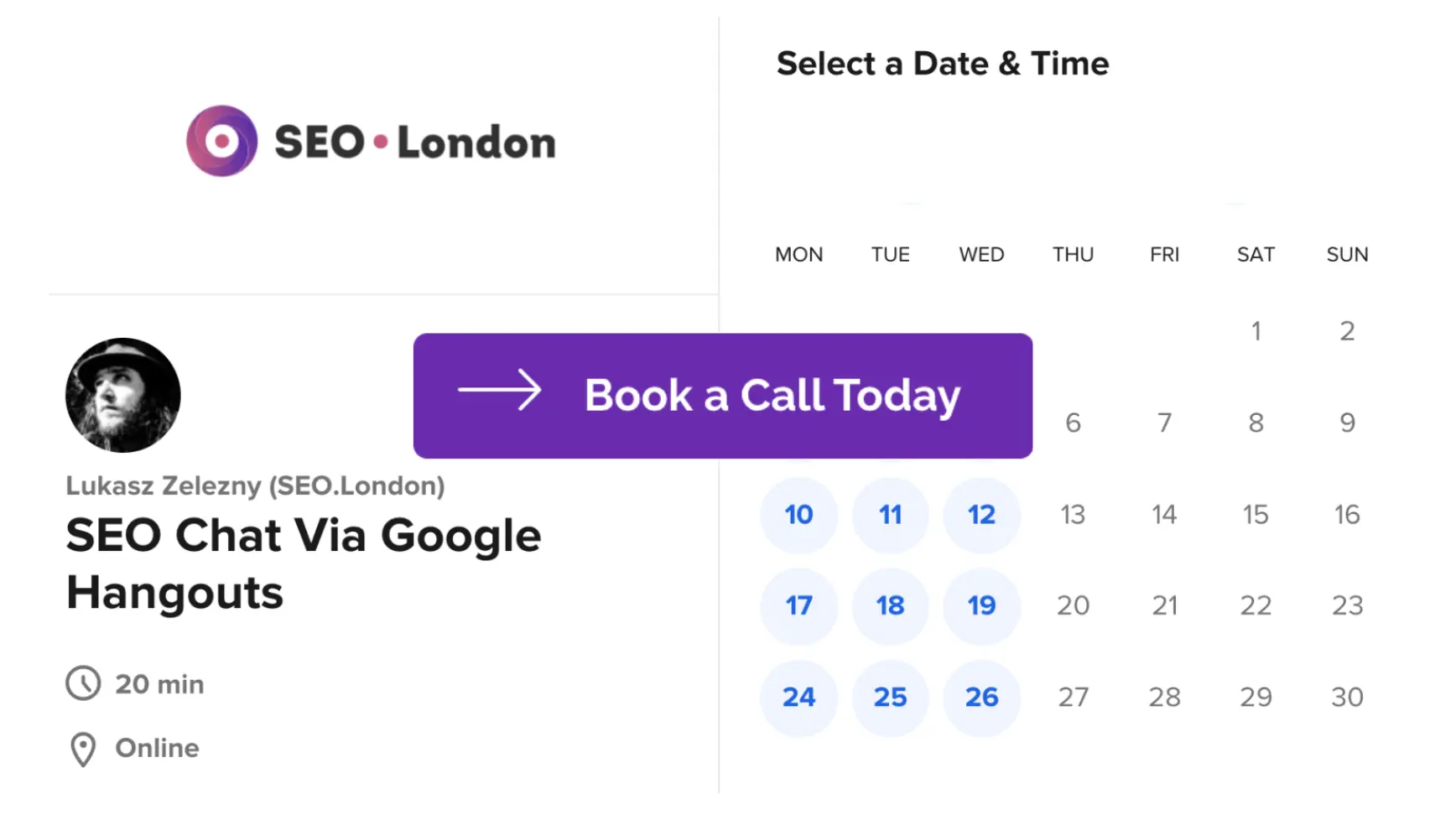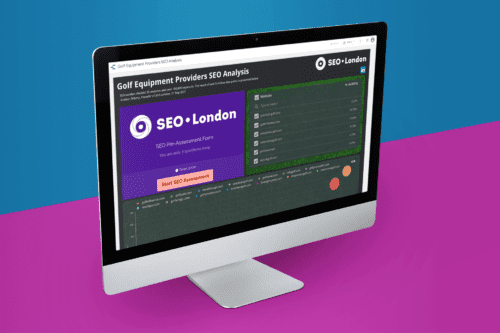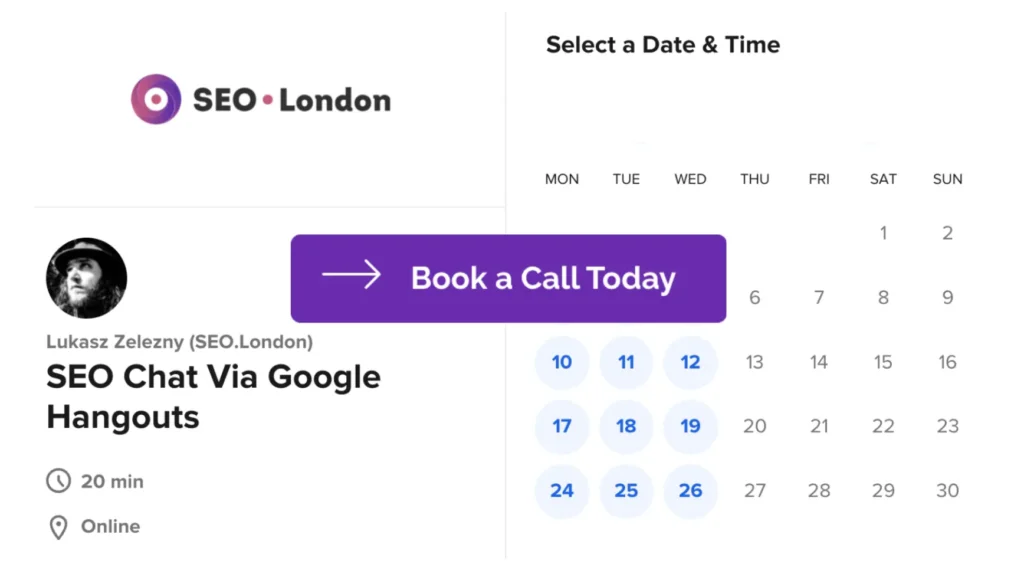What is External Link
What is an External Link in SEO?
An external link, also known as an outbound link, is a hyperlink that directs users from one website to another. In the context of Search Engine Optimization (SEO), external links play a crucial role in determining the authority, relevance, and credibility of a website. These links establish connections between different webpages, signaling search engines about the website\’s association with other reputable sources of information.
Importance of External Links in SEO
External links have a significant impact on a website\’s SEO performance. While internal links connect pages within the same website, external links provide a bridge between different websites, creating a network that search engines can analyze and evaluate. Here are the key reasons why external links are important in SEO:
Increase your online presence with Lukasz Zelezny, an SEO Consultant with over 20 years experience — schedule a meeting now.

1. Trust and Authority: Search engines consider external links as endorsements or recommendations from other websites. When a reputable website links to your website, it acts as a vote of confidence, indicating that your content is valuable and trustworthy. These endorsements, also known as backlinks, contribute to building your website\’s authority in the eyes of search engines.
2. Relevance: External links help search engines understand the context and subject matter of your website. When your website is linked to relevant and authoritative sources, it enhances the overall relevance of your content. This is particularly crucial for ranking in search engine results pages (SERPs) because search engines strive to provide users with the most accurate and informative results.
3. Crawlability: External links aid search engine crawlers in discovering and indexing new content on your website. When search engine bots follow external links from other websites, they can navigate to your website and index its pages. This helps in increasing the visibility of your website in search engine rankings.
4. Referral Traffic: External links can generate referral traffic to your website. When users click on a link from another website and are directed to your website, it can result in increased visibility, brand exposure, and potential conversions. By strategically placing external links on reputable websites, you can attract targeted traffic from relevant sources.
5. Relationship Building: Building relationships with other websites in your industry or niche is essential for SEO. By linking to and referencing other websites through external links, you can foster collaborations, partnerships, and guest posting opportunities. These relationships can lead to further exposure, backlinks, and improved SEO performance.
Best Practices for External Linking in SEO
While external links can greatly benefit your website\’s SEO, it is essential to follow best practices to ensure maximum effectiveness. Here are some key guidelines:
1. Quality over Quantity: Focus on acquiring external links from authoritative and relevant websites rather than pursuing a large number of low-quality links. Quality links carry more weight and have a more positive impact on your SEO.
Get More Customers Online with Lukasz Zelezny, an SEO Consultant with over 20 years experience — schedule a meeting now.

2. Relevance: Ensure that the external links you include are relevant to the content of your website. Linking to unrelated or irrelevant sources can confuse search engines and harm your SEO efforts.
3. Avoid Link Farms: Avoid participating in link schemes or link farms, which are networks of websites solely intended to manipulate search engine rankings. Such practices can lead to penalties from search engines and harm your website\’s reputation.
What to ask an SEO Consultant
4. Anchor Text Optimization: Anchor text, the clickable text of a hyperlink, should be descriptive and relevant to the linked page\’s content. This helps search engines understand the context and relevance of the link.
5. Monitor Broken Links: Regularly check for broken external links on your website. Broken links not only disrupt user experience but also negatively impact SEO. Use tools to identify and fix broken links promptly.
In conclusion, external links are an integral part of SEO, contributing to a website\’s authority, relevance, and visibility. By strategically incorporating high-quality external links, website owners can enhance their SEO efforts and improve their chances of ranking higher in search engine results.



